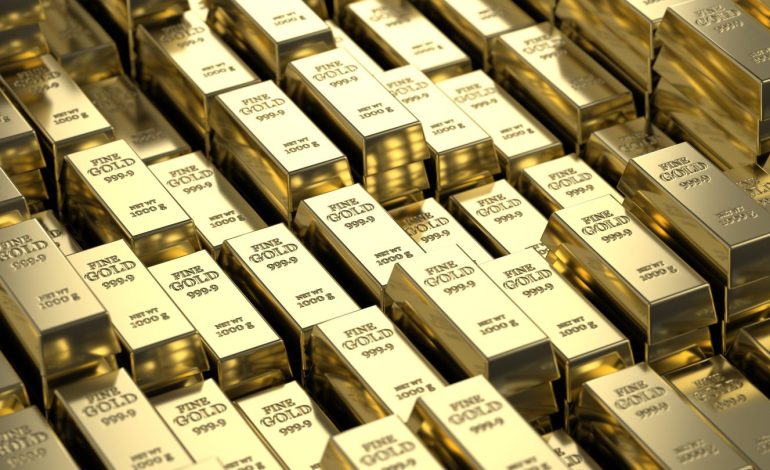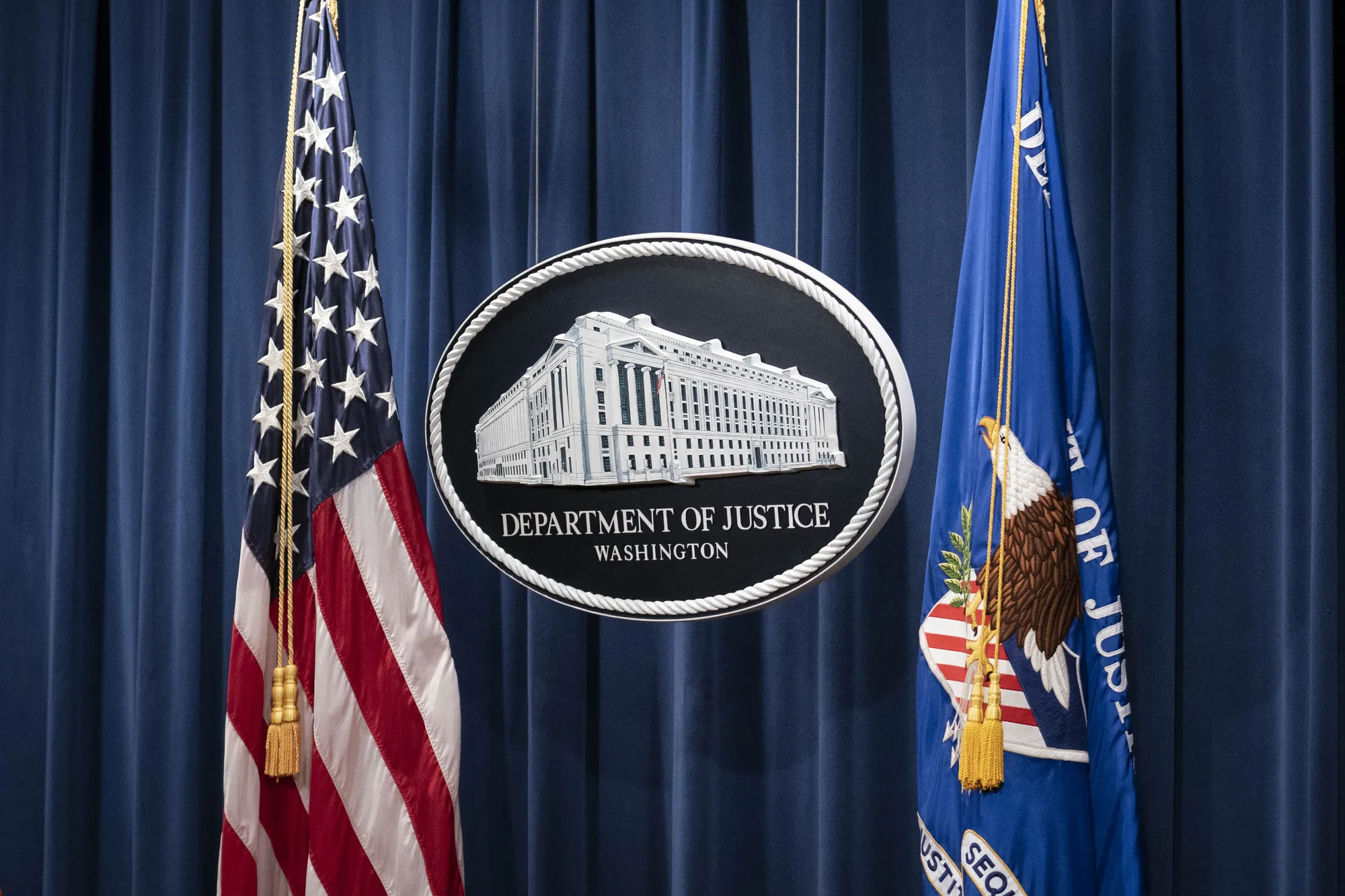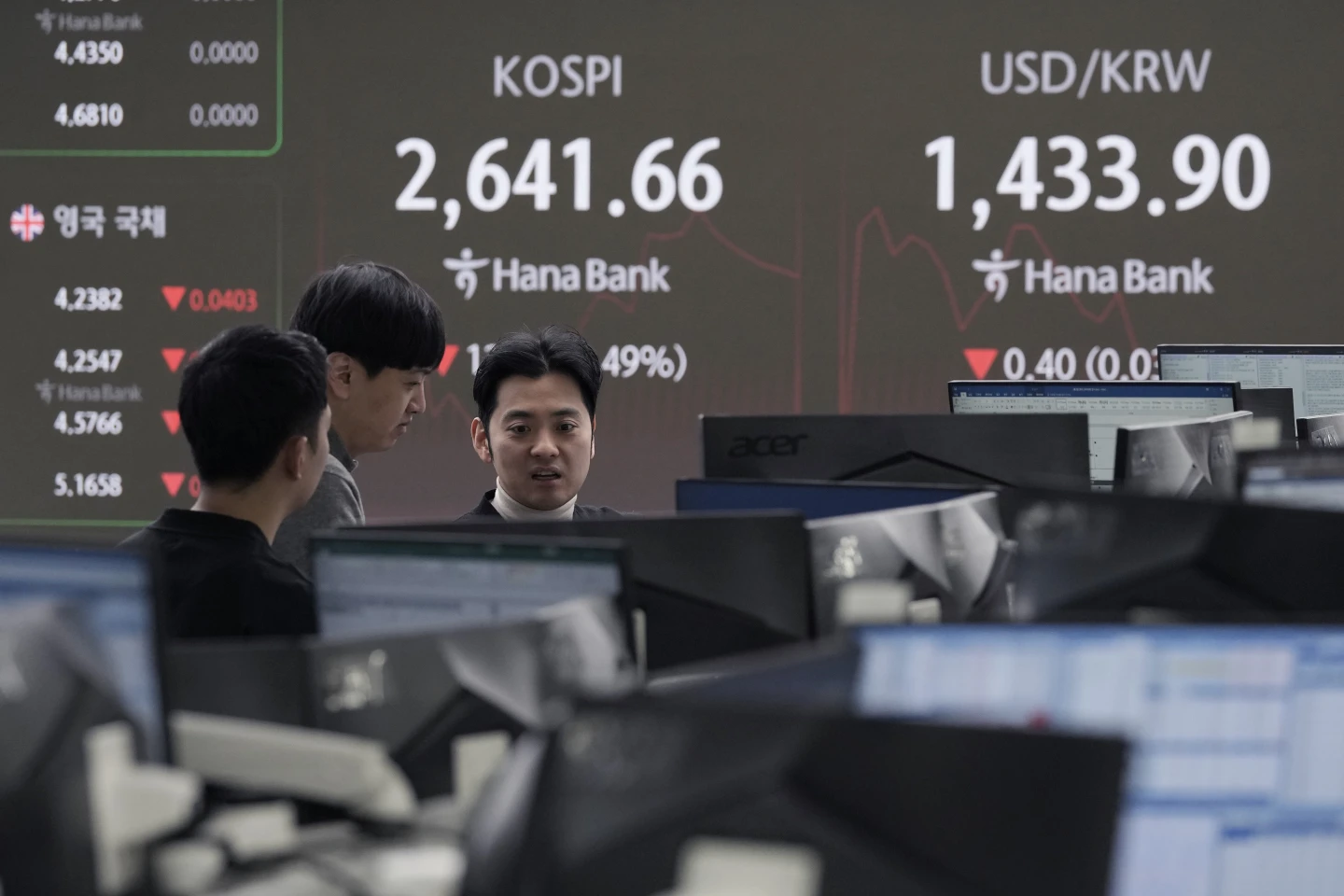Revaluing US Gold Reserves Could Boost Market Confidence, Analyst Says

Recent discussions around US gold reserves, particularly the stockpile at Fort Knox, have drawn significant attention. While Treasury Secretary Scott Bessent has dismissed the idea of revaluing the reserves to reflect current market prices, some analysts believe such a move could have bullish implications for gold.
According to Francisco Blanch, head of commodities and derivatives research at Bank of America Securities, repricing US gold reserves would not only be an accounting adjustment but could also increase confidence in the metal’s value.
“I think it would probably be bullish for the gold market because it would show that gold is no longer this barbarous relic that has been sitting in central banks and been dismissed a little bit, but now even the biggest central bank of them all is taking a renewed interest in gold,” Blanch said in an interview with Bloomberg TV on Friday.
The Federal Reserve no longer owns gold, having transferred it to the US Treasury under the Gold Reserve Act of 1934 in exchange for gold certificates. Today, the US holds 261.6 million troy ounces of gold, valued at an outdated rate of $42.22 per ounce, giving it a book value of $11 billion. However, at gold’s current market price of about $2,950 per ounce, the actual value would exceed $750 billion.
Speculation about a possible revaluation grew earlier this month when Bessent stated:
“We’re going to monetize the asset side of the US balance sheet for the American people.”
He later clarified that this did not refer to repricing gold reserves.
Despite this, US gold holdings remain a topic of increased scrutiny. On Saturday, President Donald Trump reiterated his intention to visit Fort Knox with Elon Musk to confirm that the gold reserves remain intact. Meanwhile, Bessent stated that he had no plans to visit the facility, reassuring that “all the gold is there.”
Gold prices have doubled since the COVID-19 pandemic and have seen further surges following Russia’s 2022 invasion of Ukraine. The war, coupled with Western sanctions that froze Russia’s dollar- and euro-denominated assets, has prompted central banks worldwide to increase gold purchases as a hedge against potential future restrictions on their dollar reserves.
While repricing gold would likely increase its perceived value, Blanch pointed out that it would not directly align with the Trump administration’s economic goals, which include:
- Weakening the US dollar
- Lowering energy prices to curb inflation
- Encouraging Federal Reserve rate cuts
However, Secretary of State Marco Rubio has hinted at potential US-Russia economic cooperation, which Blanch believes could impact global markets. If Russia receives sanctions relief, it could lead to an increase in energy exports, potentially lowering prices and creating a new stream of petrodollars. This could become a source of funding for the US government, which is grappling with a $2 trillion budget deficit.







